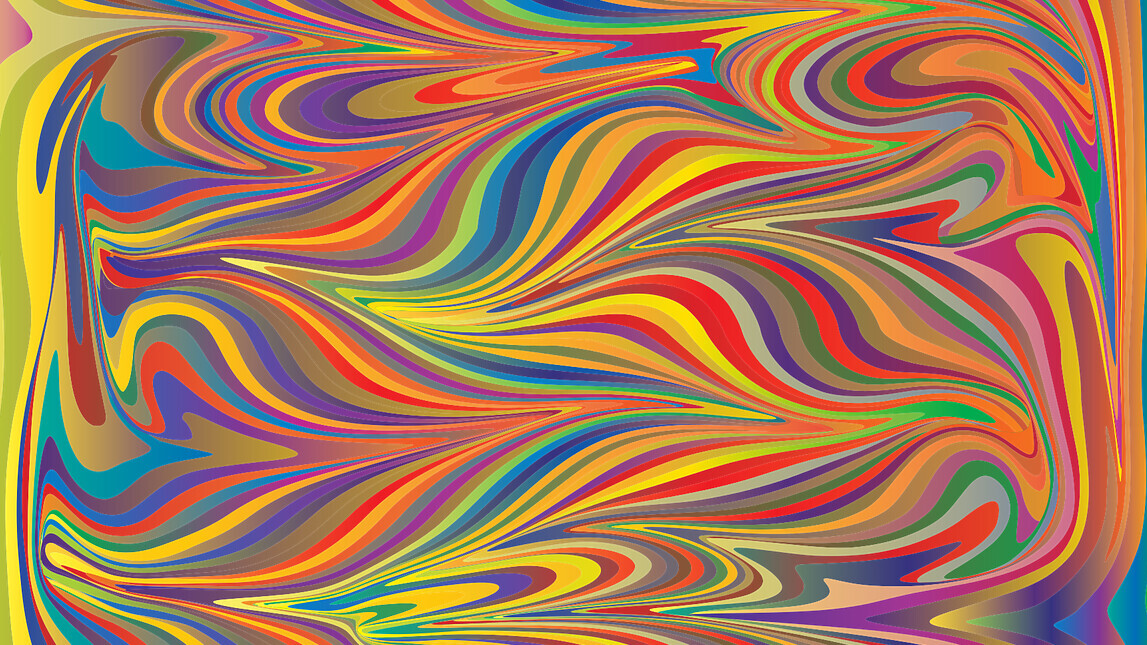
New research shows that the active ingredient in hallucinogenic mushrooms, called psilocybin, could affect the brain long after it has left the user’s system.
To date, most studies of this type focused on the acute effects of psilocybin — or how the brain functioned while under the influence of the drug. In this study, published in the journal Scientific Reports, researchers instead looked at the enduring effects of the drug.
According to Fredrick S. Barrett, an assistant professor at Johns Hopkins University School of Medicine, and one of the authors of the study:
Nearly all psychedelic imaging studies have been conducted during acute effects of psychedelic drugs. While acute effects of psychedelics on the brain are of course incredibly interesting, the enduring effects of psychedelic drugs on brain function have great untapped value in helping us to understand more about the brain, affect, and the treatment of psychiatric disorders
In the latest study, 12 volunteers received a single high dose of psilocybin, each undergoing tests the day before, one week later, and one month after administration. Volunteers were tasked with completing three different assessments meant to quantify their processing of emotional information (through facial cues, mostly) while researchers monitored and recorded brain activity using an MRI.
It’s a small sample, and relied on a lot of self-reporting, but respondents claimed emotional distress was reduced in the week following psilocybin administration. It returned to baseline levels one month later.
Barrett and his team also observed a decrease in amygdala response to emotional information for one week after administration, though this to returned to baseline in the next test, one month later.
“A single high dose of psilocybin, administered to properly screened individuals in a carefully controlled setting can have lasting positive effects on emotional functioning in healthy individuals,” Barrett told PsyPost. “These effects were reflected in transient changes in the function of brain regions that support emotional processing.
Psychedelics like psilocybin and DMT have long been a captivating subject for researchers. Earlier studies have shown promise in using psychedelic drugs to treat everything from posttraumatic stress disorder (PTSD) to depression and anxiety.
Whether Barrett’s study brings us a step closer to a natural solution to common mental health maladies remains to be seen, but if he’s looking for subjects for a larger study… I may know some people.
Get the TNW newsletter
Get the most important tech news in your inbox each week.





